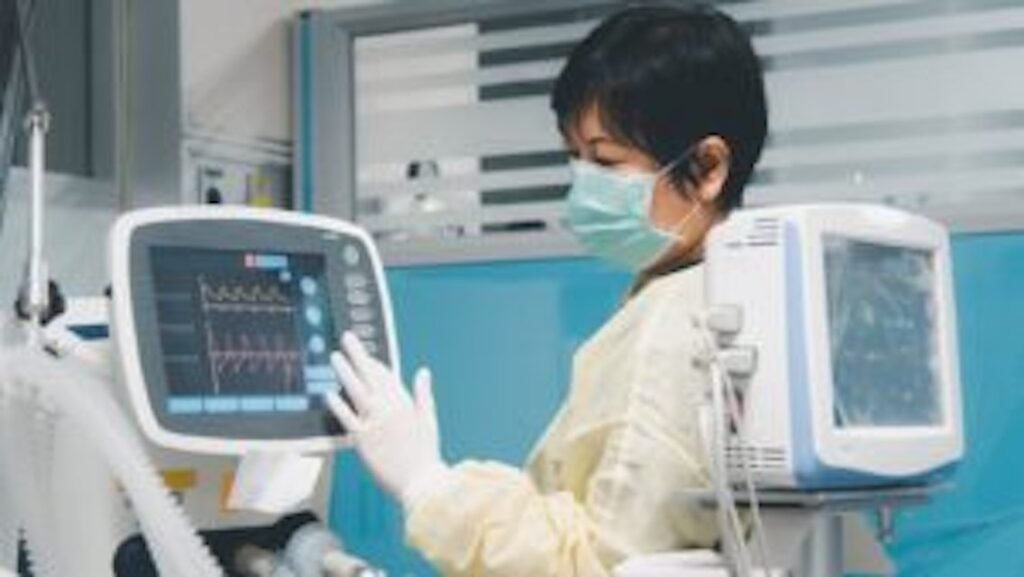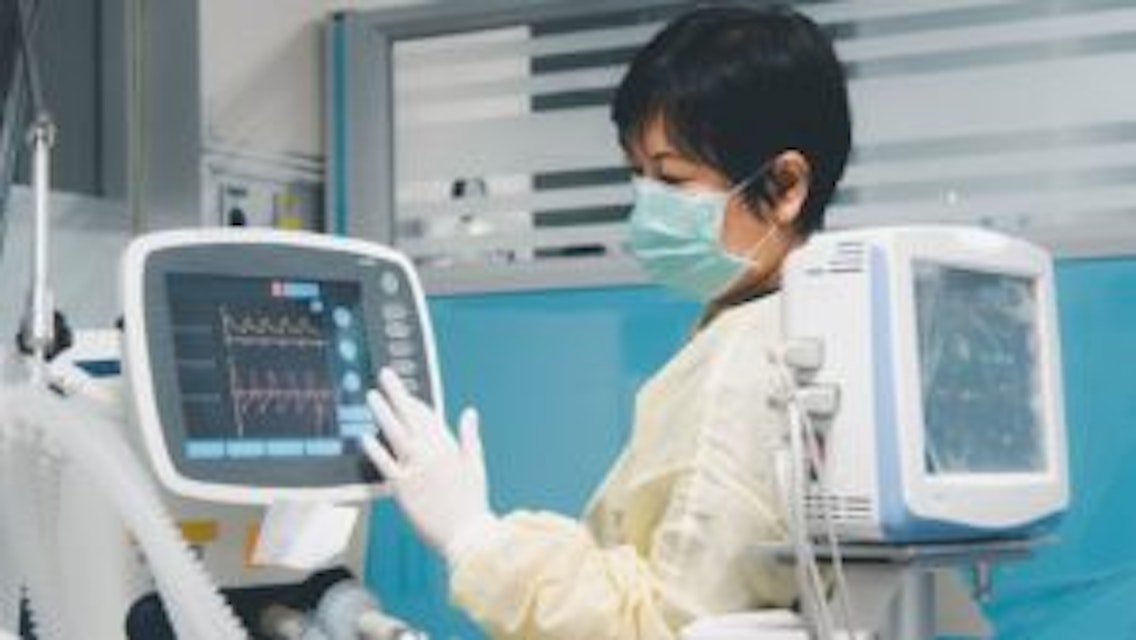Severe Trauma Requiring Critical Monitoring

Understanding Severe Trauma
Severe trauma refers to critical injuries caused by accidents, falls, violence, or other high-impact events that pose a significant threat to life and organ function. These injuries often involve multiple body systems, such as the brain, chest, abdomen, or limbs, and require immediate medical attention and continuous monitoring to stabilize the patient and prevent complications.
At Siddhivinayak Hospital, our specialized Trauma Care Unit is equipped to handle the most critical trauma cases. With a dedicated team of surgeons, intensivists, and emergency specialists, we provide rapid, life-saving interventions and ongoing critical care to support recovery.
Common Causes of Severe Trauma
- Road Traffic Accidents: High-speed collisions, pedestrian injuries, or motorcycle accidents leading to fractures, head injuries, or internal bleeding.
- Falls: Accidents at home, work, or construction sites causing spinal injuries or fractures.
- Violence-Related Injuries: Stabbings, gunshot wounds, or blunt force trauma.
- Industrial or Workplace Accidents: Injuries from machinery, explosions, or chemical exposures.
- Sports Injuries: High-impact injuries, such as concussions, ligament tears, or broken bones.
- Natural Disasters: Earthquakes, building collapses, or fires resulting in severe injuries.
Symptoms of Severe Trauma
Depending on the type and extent of trauma, symptoms may include:
- Uncontrolled bleeding or visible deformities
- Loss of consciousness or confusion
- Severe chest pain or difficulty breathing
- Visible fractures or dislocations
- Weak pulse, pale skin, or low blood pressure (signs of shock)
- Abdominal pain or swelling
- Inability to move limbs or signs of spinal injury
If you or someone else experiences these symptoms, seek immediate medical attention.
Our Approach to Treating Severe Trauma
At Siddhivinayak Hospital, we provide a multidisciplinary approach to trauma care, ensuring rapid stabilization, comprehensive treatment, and continuous monitoring of critically injured patients.
1. Immediate Emergency Response
- Rapid Assessment and Stabilization: Our emergency team quickly assesses the extent of the injuries, stabilizes vital signs, and controls bleeding.
- Advanced Life Support: Ventilators, oxygen therapy, and intravenous fluids are used to support breathing and circulation.
- Imaging and Diagnostics: Immediate X-rays, CT scans, ultrasounds, and blood tests help identify internal injuries or fractures.
2. Comprehensive Trauma Care
- Surgical Interventions: For life-threatening injuries such as internal bleeding, organ damage, or fractures, our trauma surgeons provide:
- Emergency Laparotomy: To address abdominal injuries.
- Orthopedic Surgery: For complex fractures or joint dislocations.
- Neurosurgery: For traumatic brain injuries or spinal cord damage.
- Wound Care: Meticulous management of open wounds or burns to prevent infection and promote healing.
3. Critical Monitoring in the ICU
Patients with severe trauma often require intensive care monitoring to ensure stability and address complications:
- Continuous Monitoring: Heart rate, blood pressure, oxygen levels, and organ function are closely observed.
- Organ Support: Advanced life support systems, such as ventilators, dialysis, or blood transfusions, are used to support failing organs.
- Infection Control: Stringent protocols to prevent and treat infections in critically injured patients.
4. Pain Management and Rehabilitation
Managing pain and supporting recovery are critical aspects of trauma care:
- Pain Management: Tailored medication plans to alleviate pain and improve comfort.
- Physical Therapy: Early mobilization and rehabilitation programs to restore strength, flexibility, and function.
- Psychological Support: Counseling to address the emotional impact of trauma on patients and families.
Why Choose Siddhivinayak Hospital for Severe Trauma Care?
- 24/7 Emergency and Trauma Services: Our hospital is equipped to handle trauma cases round the clock, ensuring rapid intervention.
- Expert Multidisciplinary Team: Skilled trauma surgeons, orthopedic specialists, neurosurgeons, and intensivists work together for comprehensive care.
- Advanced ICU Facilities: State-of-the-art monitoring systems and life support equipment for critical patients.
- Personalized Recovery Plans: Customized rehabilitation and follow-up care to help patients regain independence and quality of life.
- Compassionate Support: Our team provides transparent communication, emotional support, and guidance for patients and their families.
Preventing Severe Trauma
While trauma is often unpredictable, certain steps can help reduce the risk:
- Road Safety: Wear seat belts, helmets, and follow traffic laws to minimize accident-related injuries.
- Workplace Safety: Follow safety protocols and wear protective gear in high-risk environments.
- Home Safety: Prevent falls by securing loose rugs, installing handrails, and improving lighting.
- Sports Precautions: Use appropriate safety equipment and follow guidelines for physical activities.
Long-Term Recovery and Follow-Up Care
Severe trauma can have lasting effects on the body and mind. At Siddhivinayak Hospital, we provide comprehensive recovery programs, including:
- Rehabilitation Therapy: Customized physical and occupational therapy to restore mobility and function.
- Nutritional Support: Guidance on a healthy diet to promote healing.
- Emotional Counseling: Support for patients coping with the psychological effects of trauma.
- Regular Follow-Ups: Continued care to monitor progress and prevent complications.
Trust Siddhivinayak Hospital for Life-Saving Trauma Care
Severe trauma requires immediate and expert care to stabilize the patient, manage injuries, and support recovery. At Siddhivinayak Hospital, we are dedicated to providing world-class trauma care, combining advanced technology with compassionate support to help patients recover and thrive.
Contact Us for Emergency Trauma Care
If you or a loved one experiences severe trauma, don’t wait. Call Siddhivinayak Hospital or visit our emergency department immediately. Our expert team is ready to provide life-saving care when every second counts.

